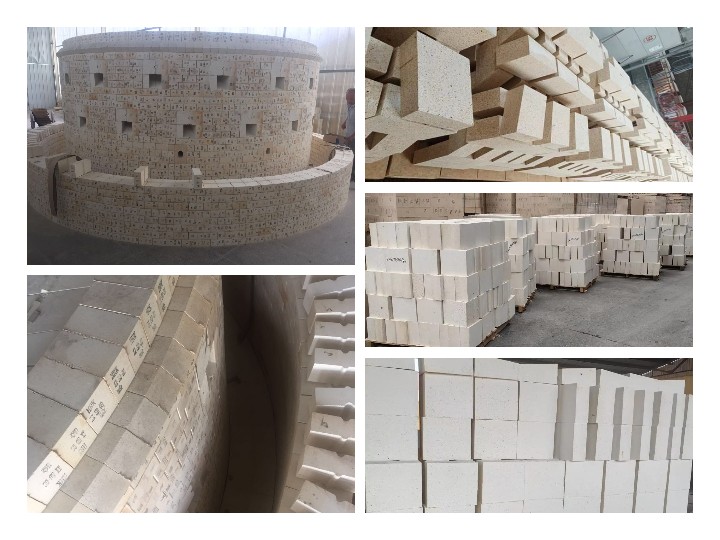Thermal shock stability refers to the ability of materials to withstand rapid changes in temperature without undergoing significant structural damage. This property is crucial for industrial equipment operating in high-temperature environments, where sudden temperature fluctuations can lead to cracks, deformation, or failure.
In demanding industrial settings, materials often experience extreme thermal cycling. As a result, conventional materials may not perform adequately, leading to unplanned downtime and increased maintenance costs. Therefore, the selection of appropriate materials is vital to enhance durability and ensure operational reliability.

To address these challenges, it is essential to consider advanced material solutions. High alumina bricks and wear-resistant bricks are among the top choices known for their excellent thermal shock resistance. These materials not only improve durability but also contribute to energy efficiency in industrial operations.
.jpg)
Incorporating thermal shock resistant materials into your equipment design involves several key strategies:
Enhancing thermal shock stability in industrial equipment is pivotal for ensuring operational efficiency and longevity. By adopting the best material solutions and implementation strategies, businesses can significantly improve performance and reliability while reducing operational costs.

